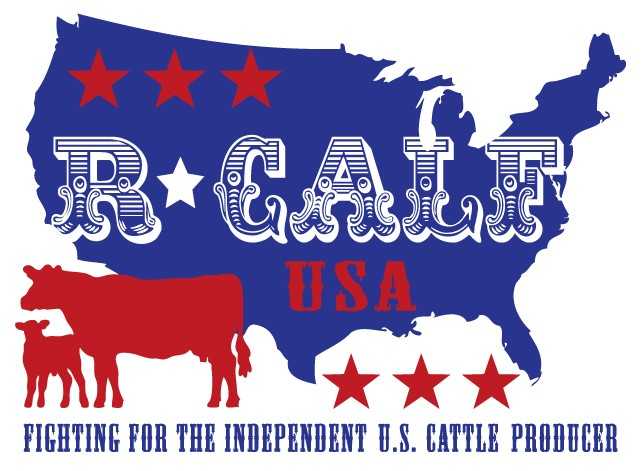![]()

Last Thursday, U.S. Rep. Harriet Hageman (R-WY) and Sen. Cynthia Lummis (R-WY) filed resolutions of disapproval in the House (H.J. Res. 167) and the Senate that when passed will overturn the Department of Agriculture (USDA) Animal and Plant Health Inspection Service’s (APHIS) final rule mandating the use of electronic identification (EID) eartags on adult cattle shipped across state lines.
Sen. John Barrasso (R-WY) is an original cosponsor of the legislation. Additional cosponsors include Reps. Armstrong (R-ND), Biggs (R-AZ), Boebert (R-CO), Brecheen (R-OK), Crane (R-AZ), Donalds (R-FL), Gosar (R-AZ), Maloy (R-UT), Massie (R-KY), Ogles (R-TN), McMorris Rodgers (R-WA), Rosendale (R-MT), Jason Smith (R-MO), Spartz (R-IN), and Roy (R-TX).
The resolutions of disapproval were filed under the Congressional Review Act (CRA), a tool Congress created to overturn certain federal agency actions. When passed by a simple majority in both the House and the Senate and signed by the President, or if Congress overrides a presidential veto, the final rule issued by the federal agency cannot go into effect or continue in effect.
The final rule mandating the exclusive use of EID eartags as the only type of official eartags recognized by APHIS on adult cattle shipped interstate is scheduled to go into effect on November 5, 2024. APHIS estimates the cost of the final rule to be over $26 million, which is an annual cost to be borne by U.S. cattle farmers and ranchers without any prospects of recoupment from the marketplace.
“The final rule mandates the use of the highest-cost animal identification eartag and strips from U.S. cattle producers the option to use lower-cost but equally effective eartags for disease traceback purposes,” said R-CALF USA CEO Bill Bullard.
He added, “And while the final rule mandates EID technology in eartags, it does not require the electronic transfer of any data from those eartags to anywhere or anyone. In other words, the rule does nothing other than to force cattle producers to put an electronic chip, which is likely made in China, in the ear of their cattle.”
Bullard said that because the rule does not require any electronic infrastructure to be associated with the EID eartags, the rule cannot accomplish the agency’s stated objective. But he said it does accomplish the agency’s inferred objective of laying the foundation to soon begin forcing cattle producers to put EID in cattle of all ages.
“This is why this rule must be stopped now, and why the entire industry needs to support the resolution of disapproval that will do just that,” he concluded.
